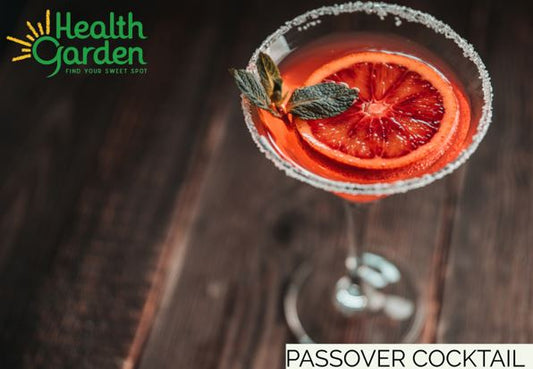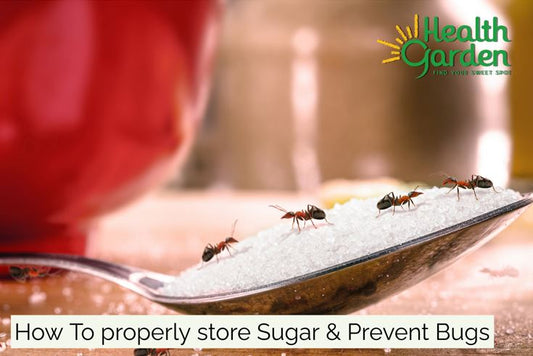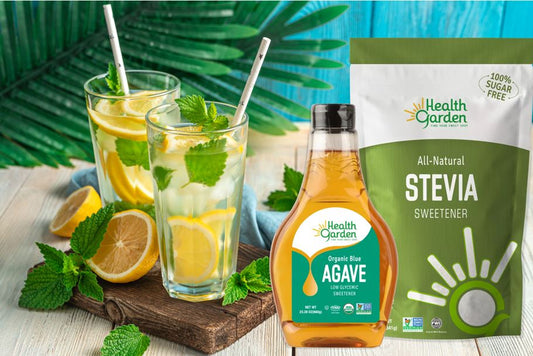Blog posts
-

Happy National Cinnamon Crescent day!
Celebrate this delicious day with only a handful of ingredients! Ingredients Crescent Roll sheets. Butter. Health Garden’s Coconut sugar. Cinnamon. Milk Any type of milk should work. Health Garden’s Confection...
Happy National Cinnamon Crescent day!
Celebrate this delicious day with only a handful of ingredients! Ingredients Crescent Roll sheets. Butter. Health Garden’s Coconut sugar. Cinnamon. Milk Any type of milk should work. Health Garden’s Confection...
-

Passover 2024 Cocktail Recipe
Blood Orange Manischewitz Cocktail The Blood Orange Manischewitz Cocktail is a unique and flavorful addition to any Passover celebration. Made with reduced Manischewitz wine syrup and freshly squeezed blood orange...
Passover 2024 Cocktail Recipe
Blood Orange Manischewitz Cocktail The Blood Orange Manischewitz Cocktail is a unique and flavorful addition to any Passover celebration. Made with reduced Manischewitz wine syrup and freshly squeezed blood orange...
-

How To properly store Sugar & Prevent Bugs
Learn effective strategies to store sugar and keep bugs away. Discover tips and methods in this informative article to ensure your sugar remains bug-free! Infestation? When it comes to storing...
How To properly store Sugar & Prevent Bugs
Learn effective strategies to store sugar and keep bugs away. Discover tips and methods in this informative article to ensure your sugar remains bug-free! Infestation? When it comes to storing...
-

10 New Years Resolutions for a healthier you
The tradition of setting New Year's resolutions offers a symbolic fresh start and a chance to reinvent or improve aspects of our lives by making resolutions to commit to a...
10 New Years Resolutions for a healthier you
The tradition of setting New Year's resolutions offers a symbolic fresh start and a chance to reinvent or improve aspects of our lives by making resolutions to commit to a...
-

HEALTHY ICED TEA DRINKS
Iced Tea is a summertime staple but usually involves a fair amount of sugar. We’re breaking down our favorite iced tea recipes that don’t have any artificial sweetener or sugar...
HEALTHY ICED TEA DRINKS
Iced Tea is a summertime staple but usually involves a fair amount of sugar. We’re breaking down our favorite iced tea recipes that don’t have any artificial sweetener or sugar...
-

EASY SUMMER WORKOUTS
During the summer, you may find your motivation to work out waning. Here are 10 great exercises that you can do at home without needing any gym equipment and minimal...
EASY SUMMER WORKOUTS
During the summer, you may find your motivation to work out waning. Here are 10 great exercises that you can do at home without needing any gym equipment and minimal...











